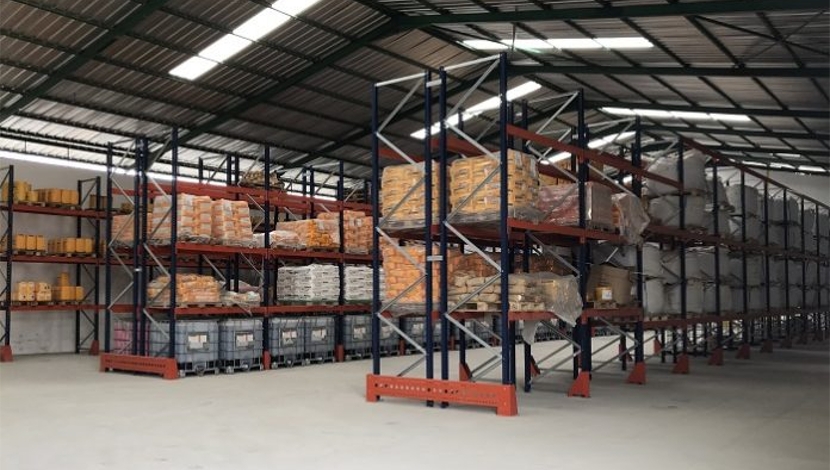
School of Concrete Technology lecturer, Matthews Magwaza, has one important attribute that helps teach hundreds of South Africans how to correctly, and profitably, use concrete: he can speak five South African languages.
Magwaza, who has been associated with The Concrete Institute and its Midrand predecessors, the Cement & Concrete Institute (C&CI) and Portland Cement Institute (PCI) for a total of 18 years, says many previously disadvantaged South Africans are keen to pursue a concrete-related career.
“But the problem is that most of these people acquired all their concrete knowledge by watching friends or other people doing building work, so they end up being enthusiastic self-taught individuals, without the vital technical knowledge of how to use concrete correctly to create durable structures, or make quality bricks and blocks.
This is why I enjoy my job so much, teaching these people how to enjoy their work and earn a living from even just basic concrete technology.”
Another training obstacle many of these budding concrete business people face is language. “For many years, South African concrete training was mainly conducted in English or Afrikaans, and a large percentage of black people, thirsty for concrete knowledge, could not properly understand the lecturers.
In cases where they were illiterate, this was even more of a problem. The School’s training is done in English but I am fortunate to be able to elaborate and answer students’ queries also in Afrikaans, Zulu, Xhosa and the Sotho languages if required.”
Now 51, Johannesburg-born Magwaza, after leaving school joined Cement Distributors of SA which, when the cement cartel was disbanded, was closed down. Although familiar with the distribution and supply of cement, it was on a Cement Distributors site visit to a cement production plant that Magwaza saw for the first time how cement was made.
“I was intrigued, and wanted to know more about the potential of the grey powder I had become so familiar with.”
His hands-on days moved a little closer, location-wise in any event, when he joined the administration department of the SA Cement Producers’ Association (SACPA), which operated from Portland Park in Midrand, then the headquarters of the School of Concrete Technology of PCI.
When SACPA also closed, Magwaza joined PCI and was a ‘jack of all trades’ initially, working in just about every department – even the library – but never at the School of Concrete Technology. “But I often popped into the School’s lab during my lunch breaks and asked questions and watched how the lecturers mixed and tested concrete.
I then asked PCI if I could enroll for a basic training course at the School and immediately, once I felt concrete in my hands, knew I wanted to get my hands dirty with this material for the rest of my life.”
His big chance came when Rob du Preez, then education and training manager for PCI, decided to offer him a job as lab trainer when a position became vacant. “I was put through extensive training, but was never happier. And to this day, I have never lost my love for concrete,” he asserts.
Matthews Magwaza has provided training not only in the School’s lecture rooms and laboratories in Midrand and other major SA cities, but also on building sites and in the veld and under trees all over South Africa and its neighbouring states.
He has, in the process, seen men and women from all walks watch in amazement and delight as they mixed concrete properly for the first time in their lives – and marvelled at the products they produced during training.
“Some of my students have become successful business people, running concrete brick and block production yards, some are even erecting structural elements, and others have rapidly been promoted within their companies. Their backgrounds vary: most came from impoverished family backgrounds, but I have even taught a qualified female medical doctor how to use concrete. She quit her job and opted for a career in concrete. That’s concrete for you – it can change your life. It certainly did for me,” he adds.
More information from The School of Concrete Technology, Tel: +27(0)11 315 0300/www.theconcreteinstitute.org.za





